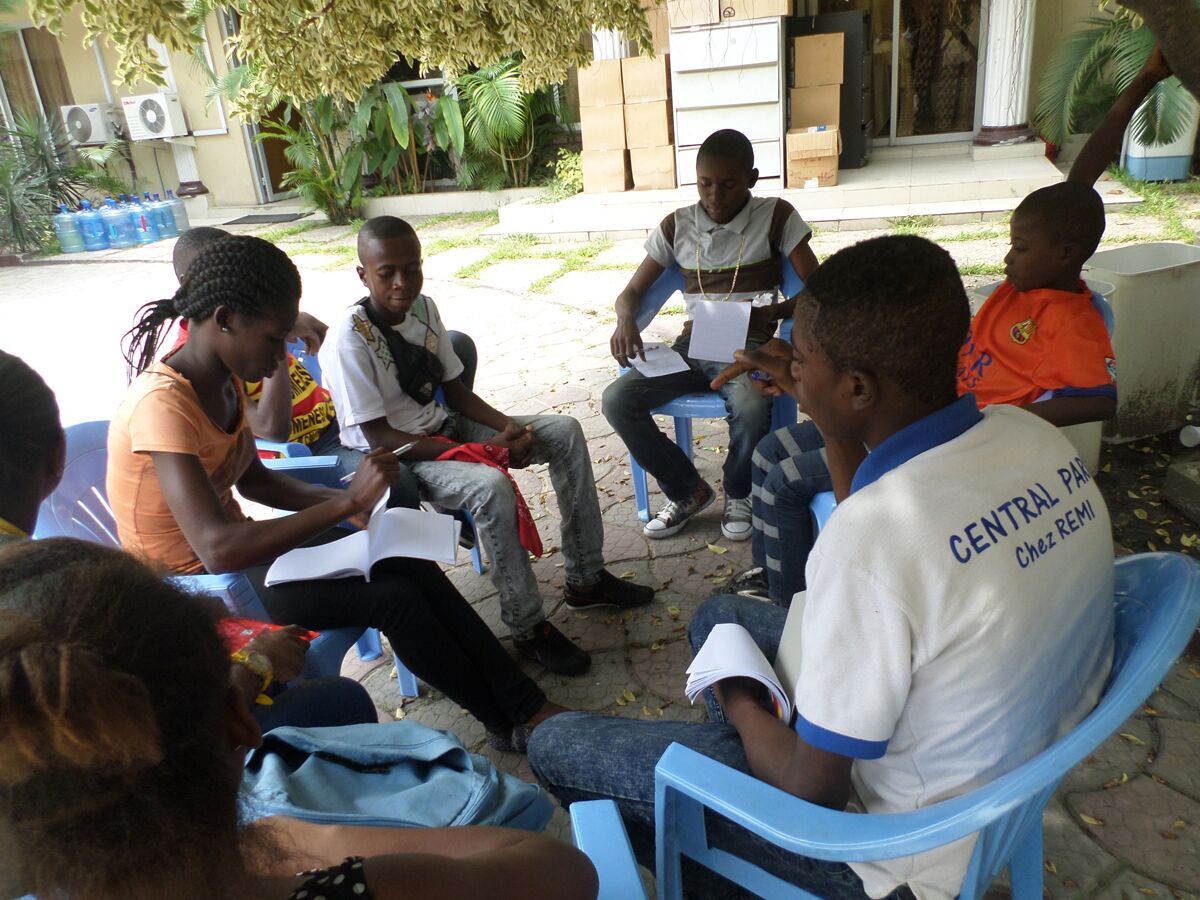Abrams EJ, Mellins CA, Bucek A, Dolezal C, Raymond J, Wiznia A, Jurgrau A, Bamji M, Leu CS, Ng YKW.
Pediatrics. 2018 Sep;142(3). pii: e20180938. doi: 10.1542/peds.2018-0938. Epub 2018 Aug 10.
BACKGROUND:
Young adults living with perinatally acquired HIV infection (PHIVYAs) are at risk for poor biomedical and behavioral health outcomes. Few studies offer a comprehensive overview of the functioning of this population in young adulthood and the role of HIV.
METHODS:
Data come from the Child and Adolescent Self-Awareness and Health Study, a longitudinal behavioral health cohort study of PHIVYAs and perinatally HIV-exposed but uninfected young adults (PHEUYAs) who are compared on psychiatric and neurocognitive functioning, sexual and substance use behaviors, health and reproductive outcomes, and young adult milestones.
RESULTS:
Overall, 27% of participants met criteria for a psychiatric disorder, including mood (11%), anxiety (22%), and substance use (28%), with no HIV status differences. PHIVYAs performed worse on 2 neurocognitive tests. There were no HIV status differences in condomless sex (41%) or pregnancies (41% women; 38% men). Both groups exhibited similar adult milestones: 67% graduated high school or an equivalent, 19% were in college, and 42% were employed. However, 38% were neither in school or working, 12% reported incarceration, and 16% were ever homeless. Among PHIVYAs, 36% were viremic (>200 copies per mL), and 15% were severely immunocompromised (CD4+ cell count <100 cells per mm3).
CONCLUSIONS:
Many PHIVYAs achieve adult milestones related to school, employment, sexual relationships, and starting families. However, they and PHEUYAs have high rates of psychiatric and substance use disorders and behavioral risks, which can jeopardize long-term health and adult functioning, particularly in the context of HIV. These findings underscore an urgent need to escalate interventions.









